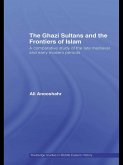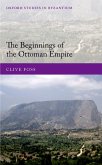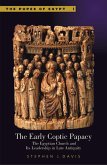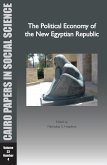During the fifteenth century, the Mamluk sultanate that had ruled Egypt and Syria since 1249-50 faced a series of sustained economic and political challenges to its rule, from the effects of recurrent plagues to changes in international trade routes. Both these challenges and the policies and behaviors of rulers and subjects in response to them left profound impressions on Mamluk state and society, precipitating a degree of social mobility and resulting in new forms of cultural expression. These transformations were also reflected in the frequent reports of protests during this period, and led to a greater diffusion of power and the opening up of spaces for political participation by Mamluk subjects and negotiations of power between ruler and ruled. Rather than tell the story of this tumultuous century solely from the point of view of the Mamluk dynasty, Crowds and Sultans places the protests within the framework of long-term transformations, arguing for a more nuanced and comprehensive narrative of Mamluk state and society in late medieval Egypt and Syria. Reports of urban protest and the ways in which alliances between different groups in Mamluk society were forged allow us glimpses into how some medieval Arab societies negotiated power, showing that rather than stoically endure autocratic governments, populations often resisted and renegotiated their positions in response to threats to their interests. This rich and thought-provoking study will appeal to specialists in Mamluk history, Islamic studies, and Arab history, as well as to students and scholars of Middle East politics and government and modern history.
Dieser Download kann aus rechtlichen Gründen nur mit Rechnungsadresse in A, D ausgeliefert werden.









